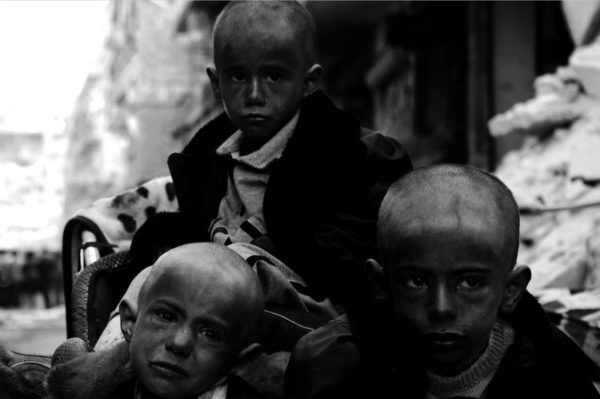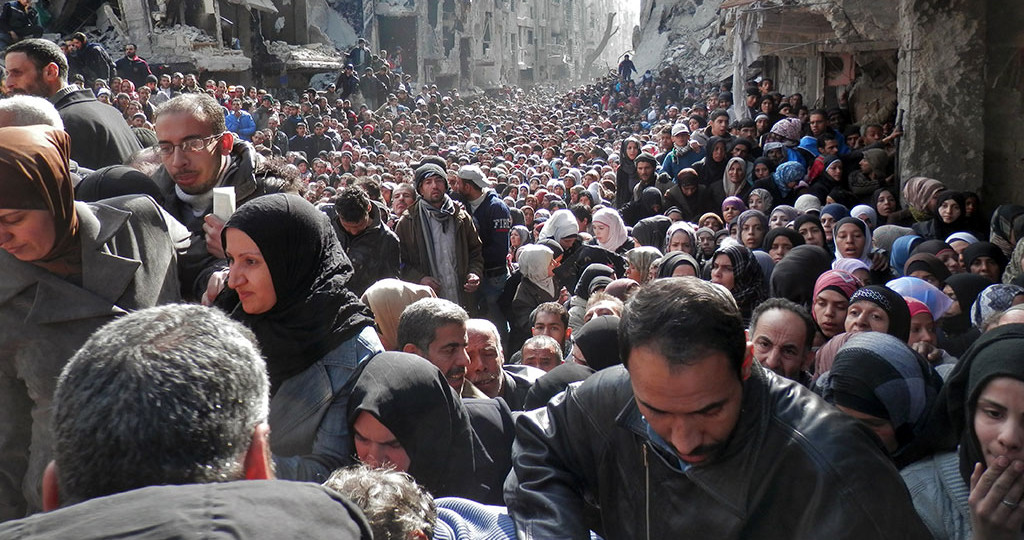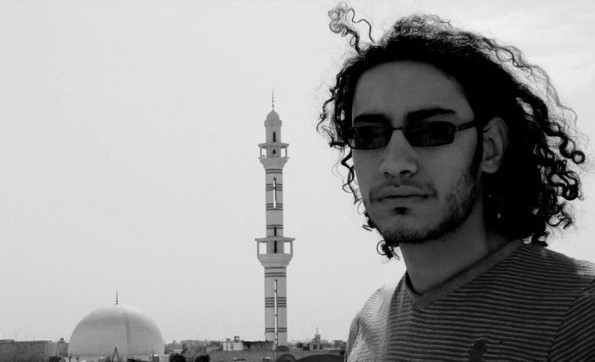A Palestinian photographer who documented Syria’s conflict has been killed in regime custody.
Niraz Saied disappeared after his arrest by regime secret police in Damascus in late 2015. Acoording to a Washington-based activity, Saied’s mother contacted a senior regime official on 13 July and was told that her son was executed in September 2016. Another regime official called Saied’s mother to confirm the death of the photographer, said the Committee to Protect Journalists.
Saied’s longtime partner Lamis al-Khatib, who lives in Germany, wrote on Monday,“There’s nothing harder than writing these words, but Niraz doesn’t die in silence.”
Saied was born and raised in the Yarmouk camp in south Damascus for displaced Palestinians. He photographed daily life there following bombing by a regime forces in December 2012 and a subsequent siege that led to scores of deaths from starvation and lack of medical care.
“I tried to capture the daily life reality in the camp, to accentuate the human face of the suffering and transform the smallest details into a work of art,” Saied said a year before his arrest.
Saied won first prize in a competition organized by the European Union and UNRWA, the UN agency for Palestine refugees, for his photograph “The Three Kings” showing three boys waiting to leave the besieged camp to receive medical treatment in March 2014.
Saied also shot the iconic photograph of hundreds of residents queuing for humanitarian aid, surrounded by bombed-out buildings.


The photographer assisted in the production of the 2014 film Letters From Yarmouk, saying it is “aimed at telling our fellow Palestinians about what’s going on in Yarmouk. We do feel that we have been let down.”
Saied remained in Yarmouk until it was seized by the Islamic State in April 2015. He fled to nearby Yalda before going into hiding in a regime-held neighborhood in Damascus. Before he could leave the country, he was arrested in October 2015.
In August 2016, he was transferred to the Sednaya military prison in Damascus, notorious for the execution of up to 11,000 detainees during the Syrian conflict.

